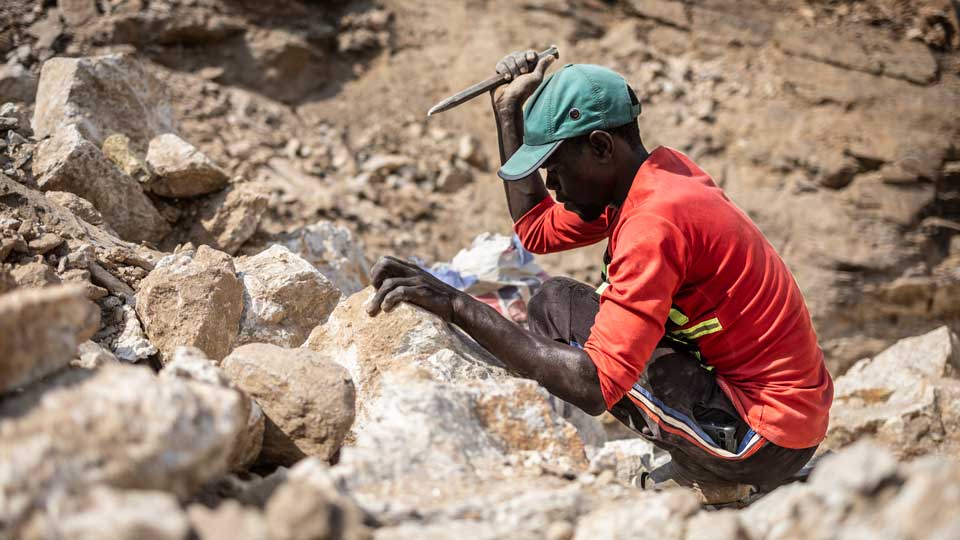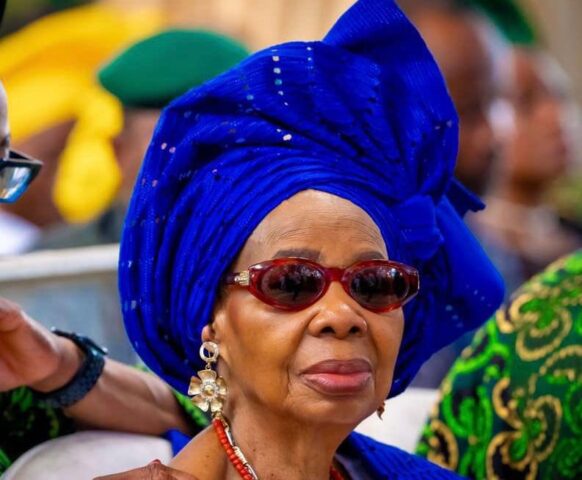Abdullahi Ibrahim Danjija carefully extracts pieces of whitish rock from an open-cast mine, filling sacks that earn him N150,000 daily, double Nigeria’s monthly minimum wage. Three years ago, he migrated from Kano, drawn by the promise of fortune in Nasarawa’s burgeoning artisanal lithium mining industry.
Like others in the region, he hopes to capitalize on the global surge in lithium demand, a crucial component in electric batteries and mobile phones.
Near Danjija’s site, another group of workers operates a mine, where families, including women and children, were seen preparing explosives. Operating without permits, they are hesitant to publicize their activities. Much of Nigeria’s lithium mining is small-scale, artisanal, and often illegal. Even permit holders frequently disregard safety and environmental regulations.
Along Nasarawa’s roads, empty houses serve as warehouses where miners and intermediaries process lithium deposits for buyers. One vendor, Matthew Danbala, explained that everyone in the community benefits, as they can easily extract and sell the rocks. Another lithium seller, Muhammed, noted that most buyers are Chinese, who either come to the warehouses or arrange for transport.
China, a leading refiner and consumer of lithium, relies heavily on imports. The Nigerian government is actively seeking foreign investment, promoting lithium as the “new oil,” but struggles to curb illegal mining despite frequent arrests.
Nigeria now requires foreign investors to establish processing plants locally, a condition that reportedly deterred Tesla’s Elon Musk. While a memorandum of understanding was signed between Paris and Abuja in late 2024 for mining projects, including lithium, current foreign investment primarily comes from Chinese companies like Avatar and Ganfeng, which have established local processing plants. Uba Saidu Malami, president of the Geological Society of Nigeria, expressed concern that Chinese companies often begin extraction before adequate exploration is conducted, emphasizing the need for better regulation. He described their mining practices as “cowboy” style, lacking sustainability and environmental sensitivity.
Analyst Charles Asiegbu highlighted the potential for conflict stemming from artisanal lithium mining, both between communities and between communities and exploration companies, and also noted that armed groups exploit the lack of government presence in some areas to illegally extract resources.
Meanwhile, miners like Danjija continue their work, even during the dangerous rainy season, while nearby herders graze livestock, seemingly unaffected by the ongoing explosions. The memorandum of understanding between Paris and Abuja, signed at the end of 2024, aims to facilitate mining projects, including lithium extraction.




